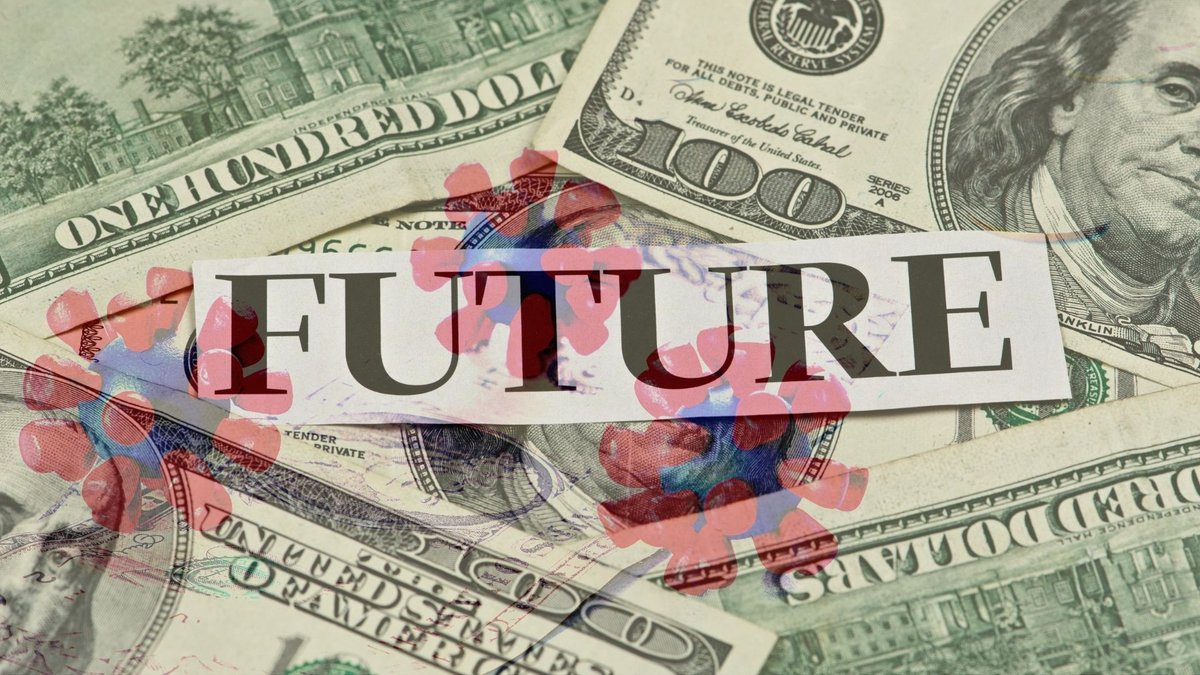The Coronavirus Cash Conundrum: Three scenarios for the future of money
Published by linker 5
Posted on August 17, 2020
5 min readLast updated: January 21, 2026

Published by linker 5
Posted on August 17, 2020
5 min readLast updated: January 21, 2026

By Alexander Verbeck, Head of Cash Ecosystem at SIX Group
With increased scrutiny around hygiene and the handling of cash, the recent coronavirus pandemic has had a far reaching impact on the ways that people choose to pay, and where they shop. We are arguably witnessing an acceleration in the move away from traditional cash to digital payment methods, and a rapidly changing spending environment more generally.
The recent news of an increase of the contactless payment threshold in the UK from £30 to £45 is archetypal of a rapid trend towards a cashless society in recent years. Ditching the notes and picking up the bank cards, the coronavirus crisis is fuelling a debate around the future of cash like we have never seen before. What was once a debate around convenience has transcended into a debate about consumer safety amidst a global pandemic.
As we look at the merits of cash through the prism of consumer safety, we are faced with a number of questions around the future of money. There has been a long-term trend towards a cashless society with the latest figures from the Bank of England showing that from 2017 to 2019, the number of people using cash just once a month or less in the UK more than doubled to 7.4m. Recently, this trend has been further fuelled by the rise of crypto, and alternative forms of exchange.
At SIX Group, we have researched and assessed the likelihood of three potential scenarios around what the future of money will look like. Questions around how money might evolve, what is considered money, what form it takes, and how it is used have all been taken into account, as these are the factors that could dramatically change in the future. The three scenarios outlined are: cash persisting, digital currency replacing cash, or even a moneyless society.
Cash continues but digital payments rise
With cash falling in usage as a means of payment and more user-friendly financial technology taking society by storm, this scenario sees cash continue to exist as a method of exchange but overall become displaced by digital payments. Consequently, fuelled by a 40-70% decline in cash being used as a means of payment globally, we see cash holdings fall 40-60%.
At a human level, this change is spurred on by the convenience of digital payments as methods of transactions become more aligned with online human activities. For example, payments on smartphones becoming easier with voice transactions and augmented reality enabling seamless transaction. Indeed, voice payments over platforms like virtual digital assistants are likely to be available soon for consumers. This trend is spurred on by developments in open banking and in user interfaces but could lead to a dramatic reduction in the number of ATMs available.
This scenario is one of the most-likely for the future of exchange as physical cash continues to be viewed as a very safe ‘store of value’, but cash usage falls as a means of payment.
Cash is displaced by digital payments
In this scenario, an 80% decrease in the number of cash users occurs as a majority of people stop using cash due to the convenience and safety of digital currency. In turn, this leads to substantial pressure on cash infrastructure due to the heightened scrutiny placed on physical infrastructure to print low-cost physical cash.
Consequently, Banks become very active in reducing the operational costs of cash infrastructure. This move might lead Governments to discourage people from using cash by requiring businesses to set higher prices for goods/services purchased with cash. Eventually, this scenario leads to digital currencies completely replacing traditional cash.
This scenario has a medium likelihood with the decline in cash causing digital currency to prevail as a more popular and safe option. However, a digital currency has a number of obstacles to tackle in order to become a viable replacement for cash as society continues to see cash as a useful means of exchange.
A society without money
Whilst a low-likelihood situation, the reduction in cash-users raises questions over the prevalence of money payments in the future. In this scenario, money ceases to exist, but people still hold physical and digital assets that amount to money, and they continue to exchange these assets.
Here, a barter economy takes hold with society no longer needing to agree on an asset as a ‘medium of exchange’. This switch from a money-based transactional system to a barter economy will demand significant willingness to experiment from people. This is unlikely to take place as people are likely to seek consistency elsewhere and to ‘stick to what they know’ when given the choice.
With a decline in consumers and businesses using cash during this global crisis, there are a multitude of scenarios that could lead to a dramatic change in the ways we spend our money. It is clear to all that Covid-19 has led to a momentary pause for reflection of cash as a payment form.
Explore more articles in the Finance category




